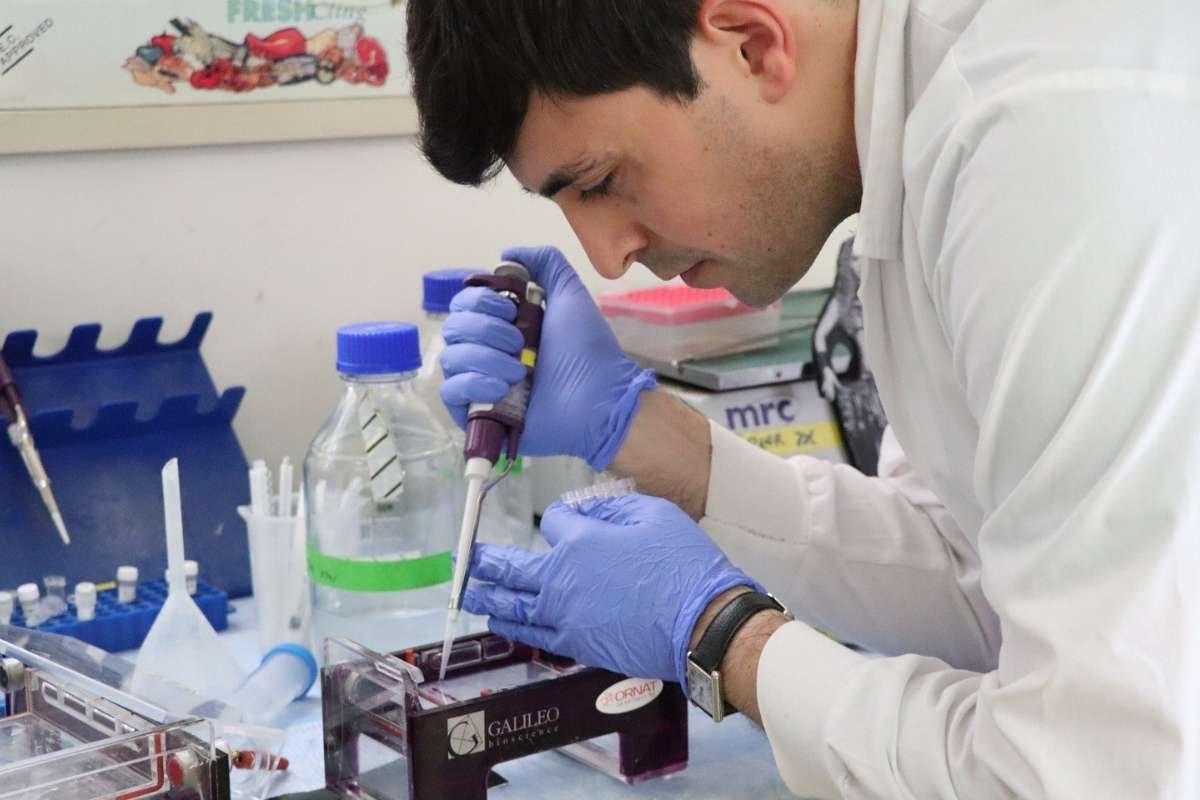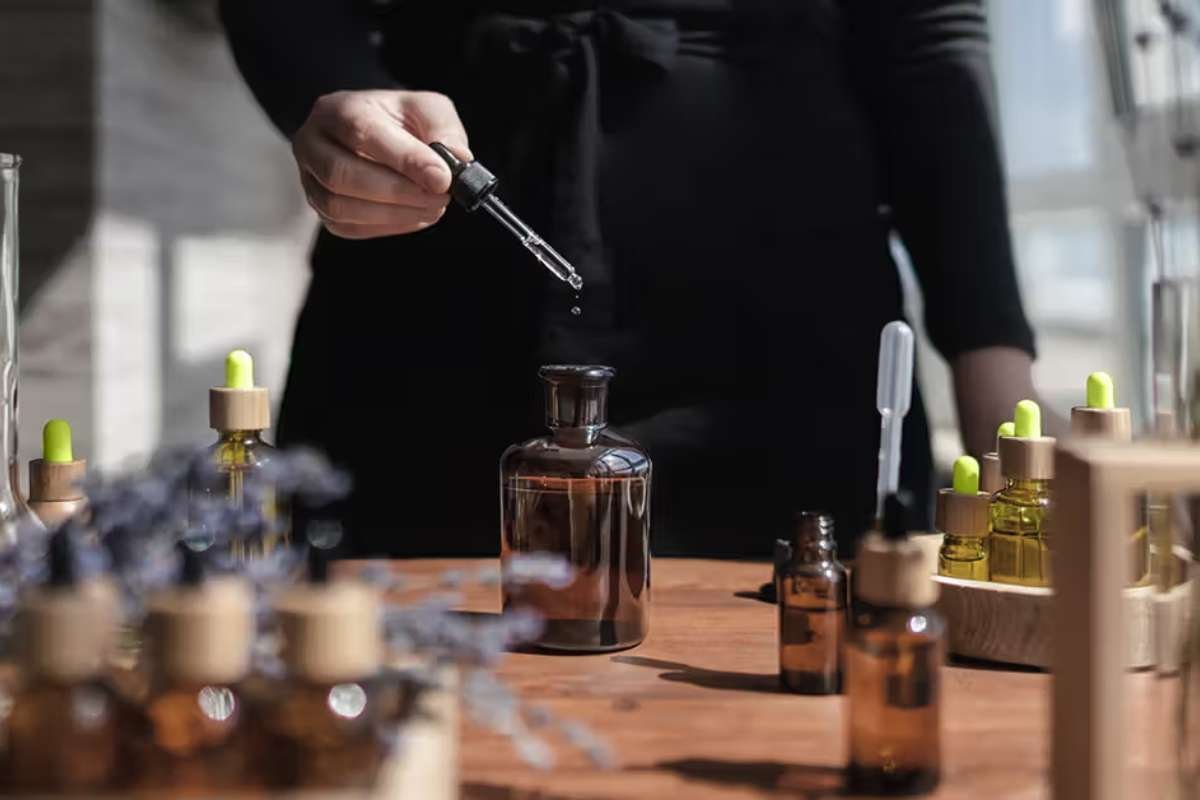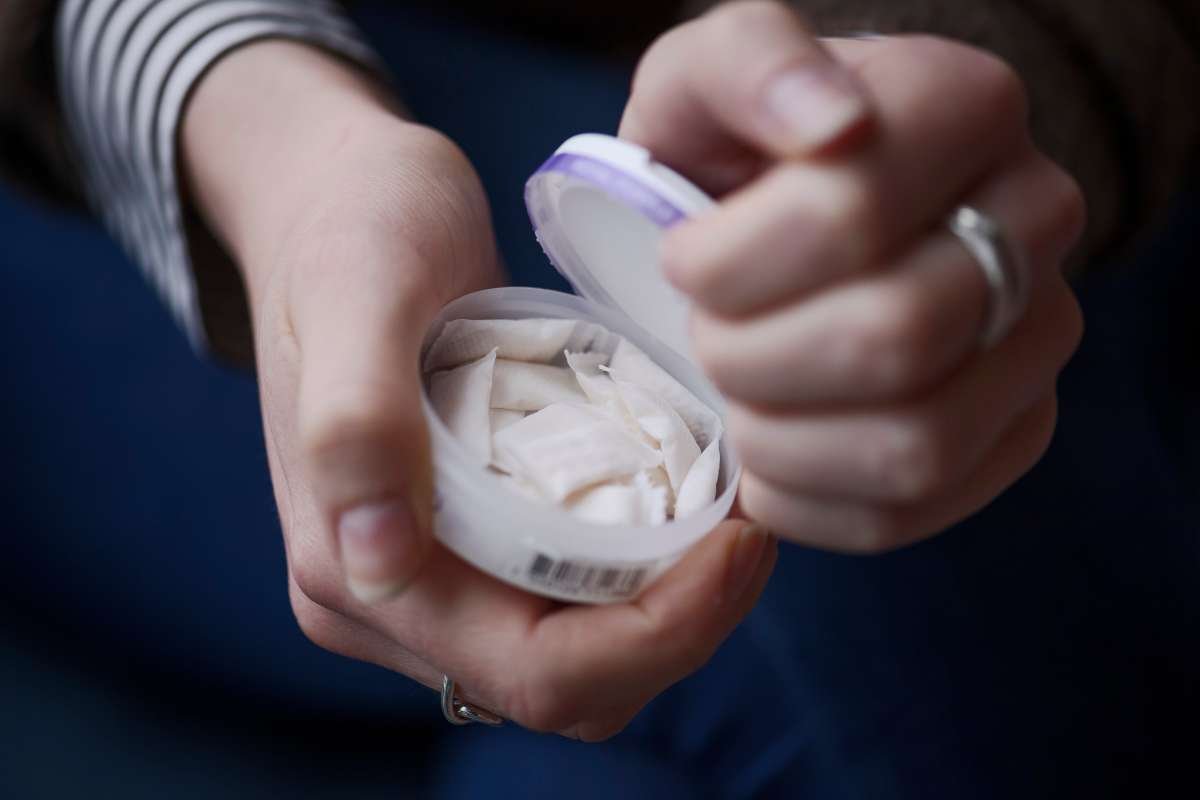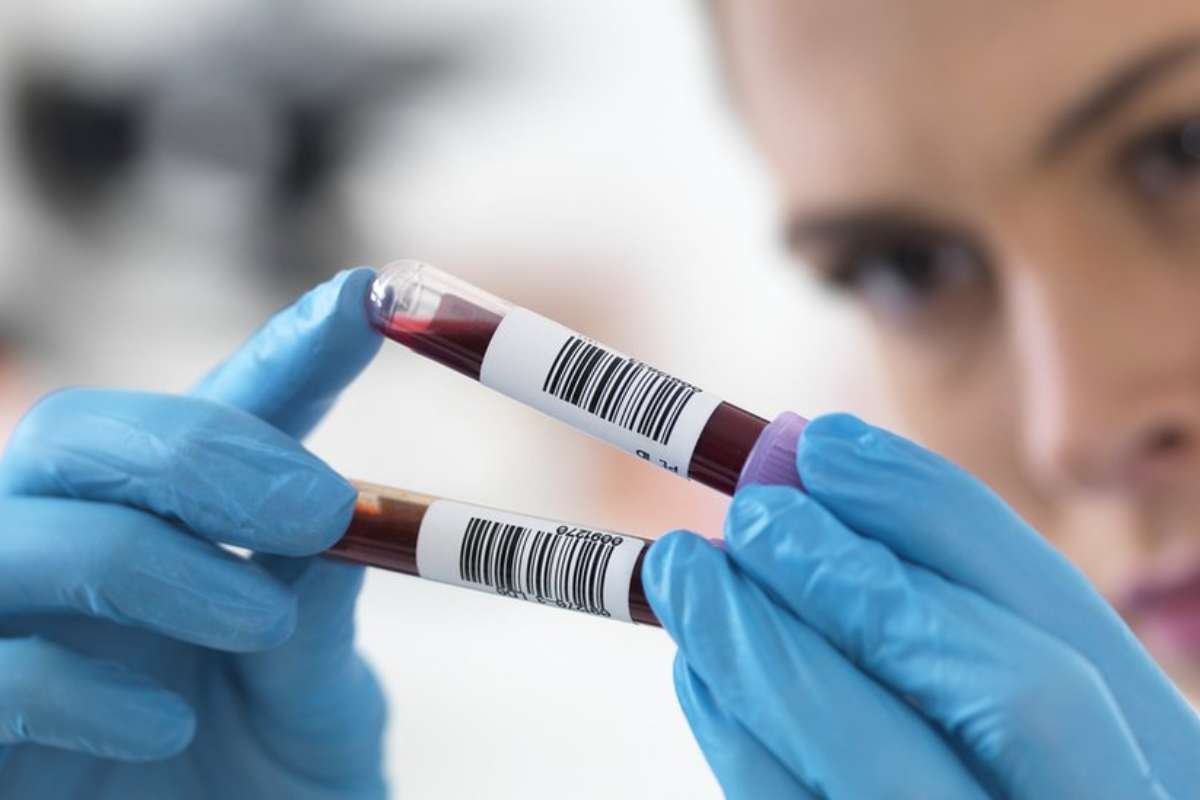Table of Contents
Introduction:
A bacterial illness of the tonsils and throat, strep throat is also referred to as streptococcal pharyngitis. It is extremely contagious and is brought on by the group A Streptococcus bacterium. Symptoms of strep throat include fever, swollen lymph nodes, sore throat, and difficulty swallowing. Despite the discomfort and disruption that strep throat can cause, it is typically not a serious condition and can be successfully treated with medications. We will look at the signs, causes, available treatments, and do-it-at-home solutions for strep throat in this extensive guide.
Understanding Strep Throat:
Strep throat is a common respiratory infection that primarily affects children and adolescents, although it can occur in people of all ages. It is typically spread through respiratory droplets from coughing, sneezing, or close contact with an infected individual. It is more common in the winter and early spring months.
Symptoms of Strep Throat:

- Sore throat: Strep throat often presents with a severe and painful sore throat, which may worsen when swallowing.
- Fever: Many individuals with strep throat experience a high fever, usually above 101°F (38.3°C).
- Swollen tonsils: The tonsils may appear red and swollen, with white or yellow patches of pus.
- Swollen lymph nodes: The lymph nodes in the neck may become tender and swollen.
- Difficulty swallowing: Swallowing may be painful and difficult due to throat inflammation.
- Headache: Some individuals with strep throat may experience headaches, body aches, and fatigue.
- Nausea and vomiting: In some cases, strep throat may be accompanied by nausea, vomiting, and stomach pain.
Causes of Strep Throat:
Strep throat is caused by infection with the group A Streptococcus bacteria. These bacteria are highly contagious and can be spread through respiratory droplets from an infected person. Close contact with an infected individual, such as sharing utensils or beverages, can increase the risk of transmission. It is more common in children and adolescents, but adults can also be affected.
Treatment for Strep Throat:
The primary treatment for Strep Throat is antibiotics, usually penicillin or amoxicillin, which are prescribed by a healthcare professional. These antibiotics help to kill the bacteria responsible for the infection and reduce the duration and severity of symptoms. It is essential to complete the full course of antibiotics as prescribed, even if symptoms improve before the medication is finished.
10 Home Remedies for Strep Throat:
In addition to antibiotics, several home remedies can help alleviate symptoms and promote recovery from Strep Throat. While home remedies cannot cure the infection, they can provide relief from discomfort and support overall healing. Here are some effective home remedies for Strep Throat:

1. Gargling with Warm Salt Water
Saltwater gargles can help soothe a sore throat and reduce inflammation. Mix a teaspoon of salt in a glass of warm water and gargle with the solution several times a day.
2. Stay Hydrated
Drink plenty of fluids, such as water, herbal tea, and broth, to stay hydrated and soothe the throat. Avoid caffeine and alcohol, as they can dehydrate the body and irritate the throat.
3. Use a Humidifier
Using a humidifier in your home can add moisture to the air and help alleviate throat dryness and irritation. Keep the humidifier clean to prevent the growth of mold and bacteria.
4. Lozenges or Throat Sprays
Over-the-counter throat lozenges or throat sprays containing numbing agents such as benzocaine or menthol can provide temporary relief from throat pain and discomfort.
5. Rest and Relaxation
Get plenty of rest and avoid strenuous activities to allow your body to recover from the infection. Adequate rest can also boost the immune system and speed up the healing process.

8 Reasons Why Your Throat Burns
A painful throat is most often brought on by a common illness, such as the common cold or strep throat burns. Extremely seldom does a significant ailment result in the manifestation of this symptom.
6. Herbal Remedies
Some herbal remedies, such as echinacea, licorice root, and slippery elm, have been traditionally used to alleviate symptoms of sore throat and support immune function. Consult with a healthcare professional before using herbal remedies, especially if you have underlying health conditions or are taking medications.
7. Warm Compresses
Applying a warm compress to the neck area can help reduce throat pain and swelling. Use a clean towel soaked in warm water and wring out excess moisture before applying it to the neck for several minutes.
8. Steam Inhalation
Inhaling steam from a bowl of hot water or taking a hot shower can help moisten the throat, clear nasal congestion, and alleviate discomfort. Be cautious to avoid burns from hot water or steam.
9. Honey and Lemon
Mix a teaspoon of honey with lemon juice in warm water and sip slowly to soothe the throat and boost immunity. Honey has antimicrobial properties, while lemon provides vitamin C and antioxidants.
10. Soft Diet

Stick to a soft diet consisting of easy-to-swallow foods such as soups, broths, yogurt, and smoothies. Avoid spicy, acidic, or rough-textured foods that can irritate the throat.
Conclusion:
Frequent bacterial infections that cause sore throats, fevers, and swollen tonsils are known as strep throats. Although the main course of therapy for strep throat is antibiotics, there are a few at-home therapies that can ease symptoms and aid in recovery. Among the most successful home treatments are gargling with warm salt water, drinking plenty of water, using a humidifier, and getting lots of rest. For an accurate diagnosis and course of treatment, however, medical advice must be sought from a qualified specialist, particularly if symptoms intensify or continue. Most instances of strep throat can be successfully cured with appropriate treatment and management, allowing patients to resume their regular activities with improved throat health.
FAQs
1. Can home remedies cure Strep Throat?
Home remedies cannot cure Strep Throat, but they can provide relief from symptoms such as sore throat, pain, and inflammation. Antibiotics prescribed by a healthcare professional are necessary to treat the underlying bacterial infection.
2. Are over-the-counter throat lozenges effective for Strep Throat?
Over-the-counter throat lozenges containing numbing agents such as benzocaine or menthol can provide temporary relief from throat pain associated with Strep Throat. However, they do not treat the underlying infection and should be used in conjunction with antibiotics for optimal results.
3. Is it safe to use herbal remedies for Strep Throat?
Some herbal remedies, such as echinacea, licorice root, and slippery elm, have been traditionally used to alleviate symptoms of sore throat and support immune function. However, it is essential to consult with a healthcare professional before using herbal remedies, especially if you have underlying health conditions or are taking medications.
4. Can honey and lemon help with Strep Throat?
Honey and lemon mixed in warm water can provide relief from throat pain and boost immunity due to honey’s antimicrobial properties and lemon’s vitamin C content. However, they do not cure Strep Throat and should be used as adjuncts to antibiotic treatment.
5. Are there any dietary restrictions for Strep Throat?
Individuals with Strep Throat may find it more comfortable to stick to a soft diet consisting of easy-to-swallow foods such as soups, broths, yogurt, and smoothies. Avoiding spicy, acidic, or rough-textured foods can help prevent further irritation to the throat.









